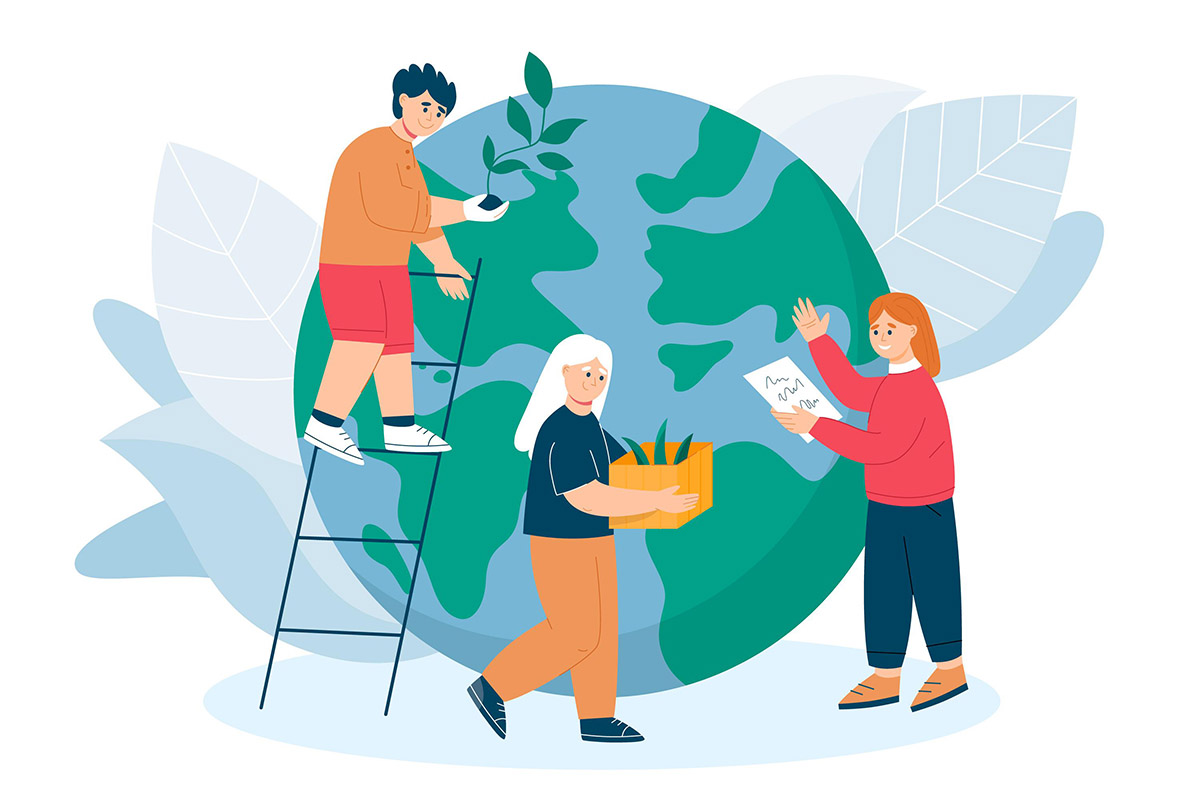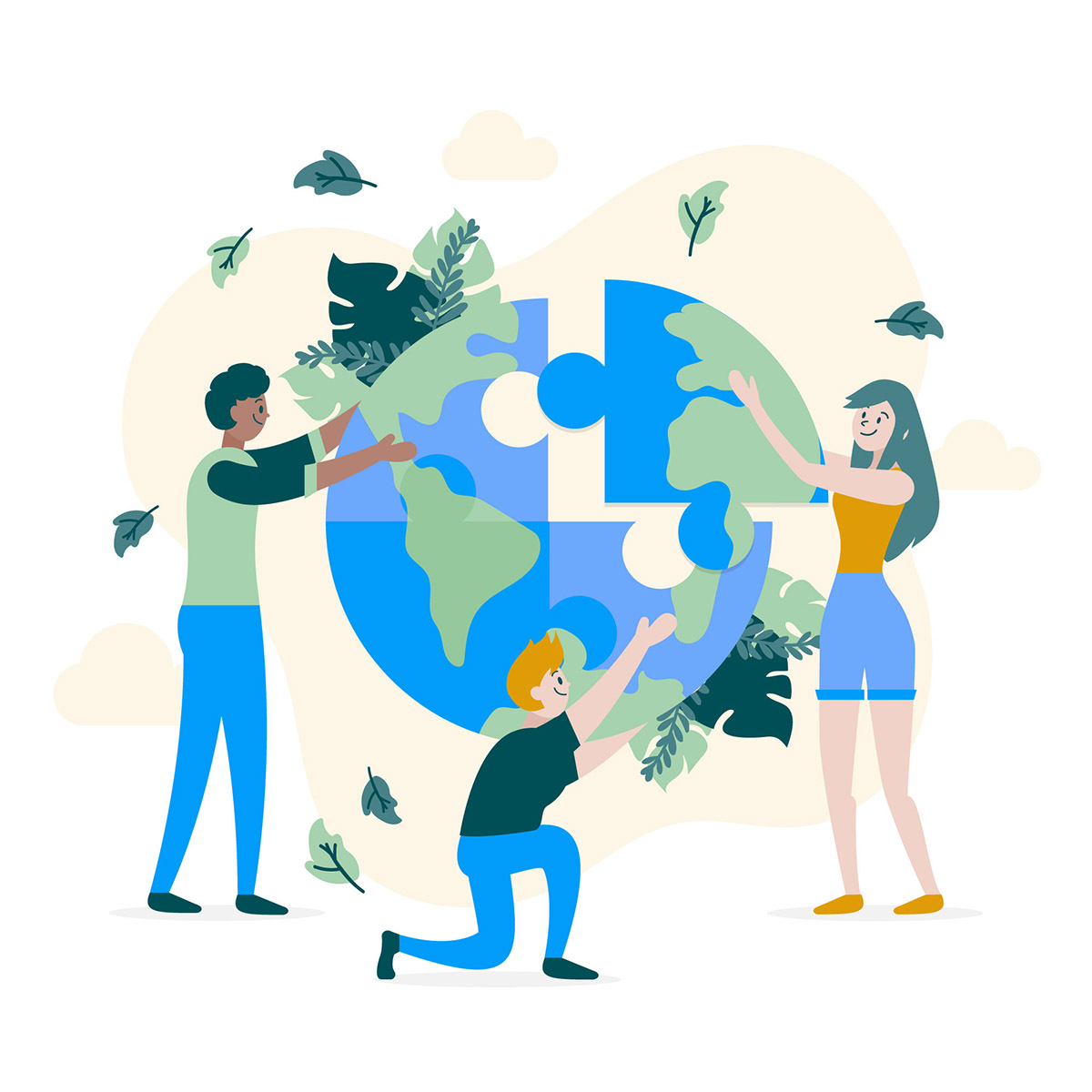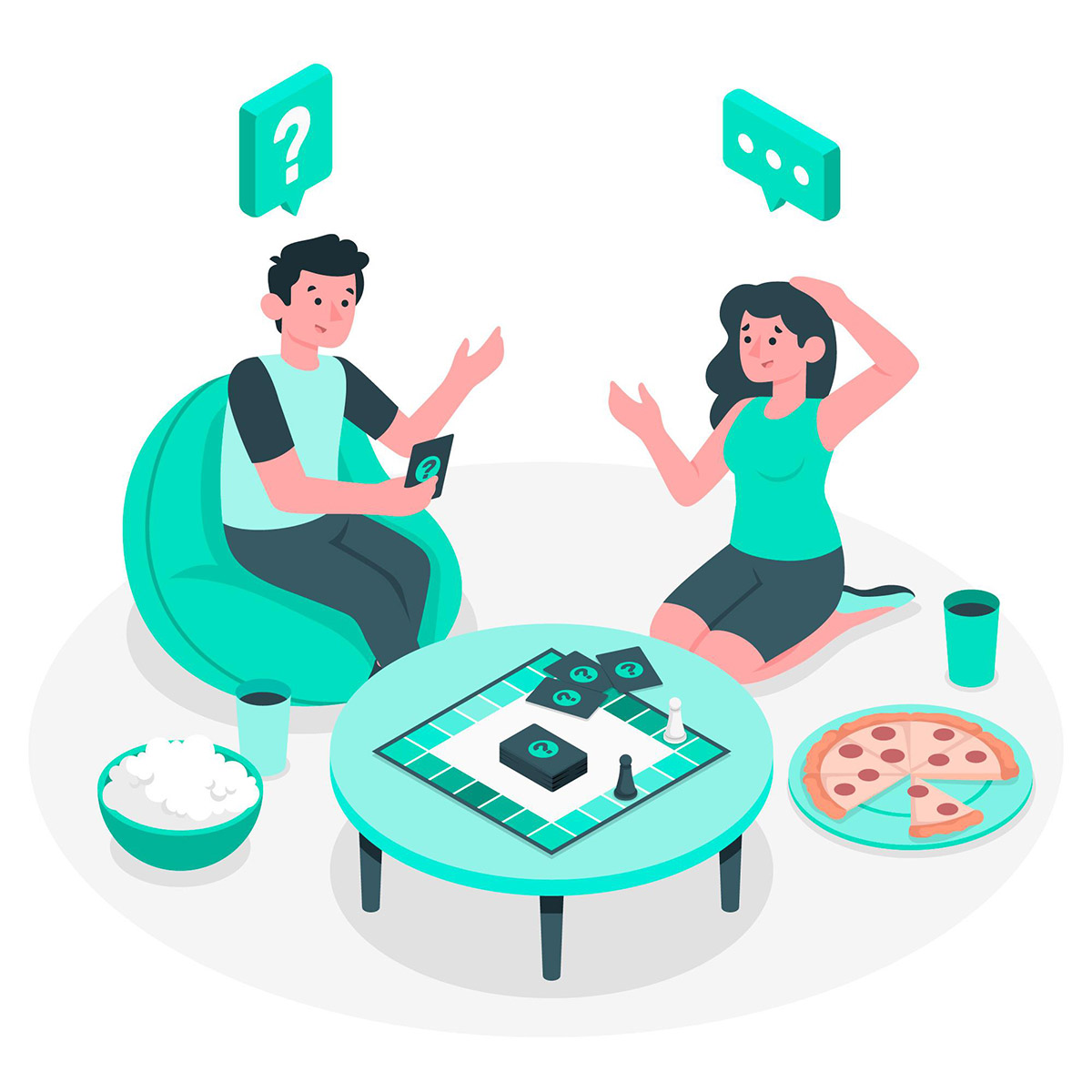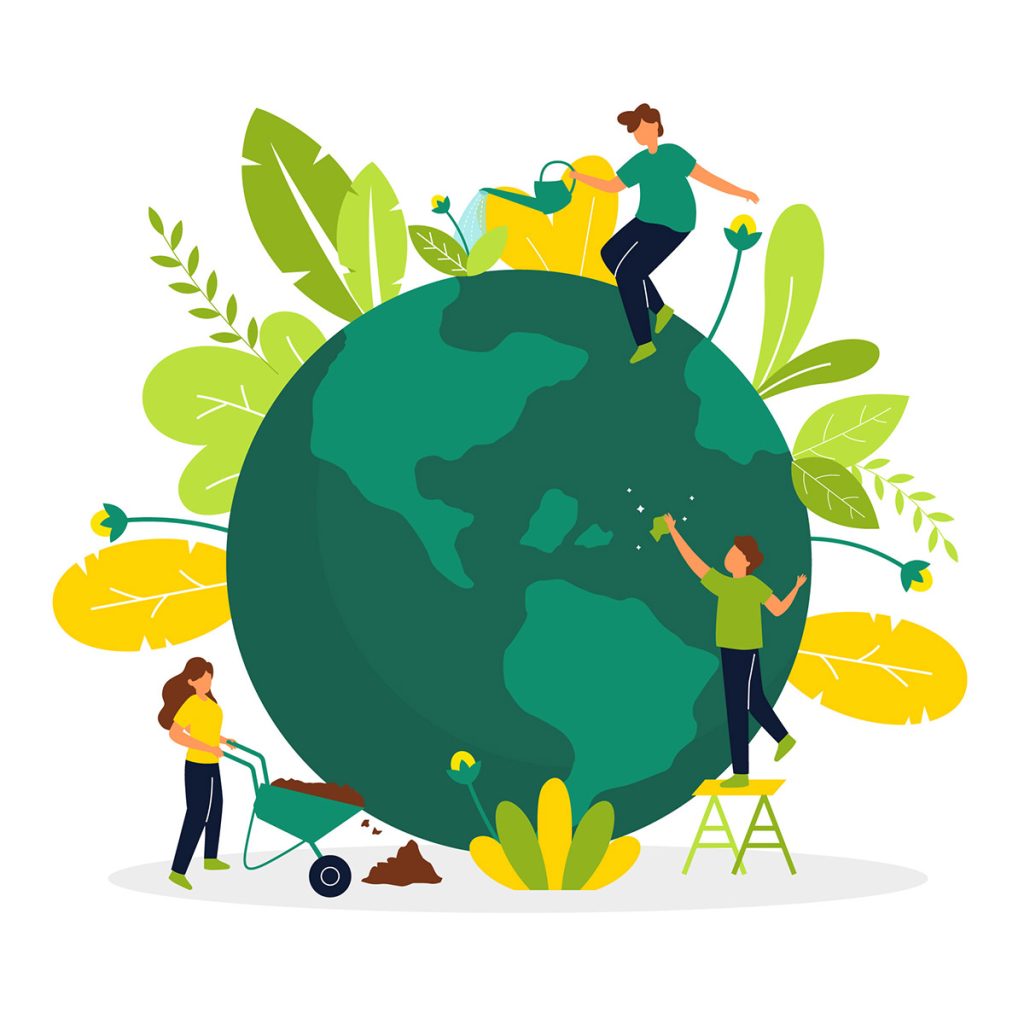
Investing in Environmental Sustainability Education for Youth is an incredibly important step for the future. Changing learners' behaviour towards the environment is crucial for change, and game-based learning is a great tool for that.

Investing in Environmental Sustainability Education for Youth is an incredibly important step for the future. Changing learners' behaviour towards the environment is crucial for change, and game-based learning is a great tool for that.
Games are an excellent means for achieving attitude and behavioural change regarding environmental sustainability in young people.
This is because games provide learners with an opportunity to exhibit their environmental-related behaviours in safe, simulated conditions where they can test themselves without the fear of being wrong, try alternate solutions and learn new behaviours in the process.

Therefore, the following specific objectives have been designed for the You(th) Play project:

In the physical version, we have created a board game where players move through the board with the use of dice and pawns. The winner is the first person to earn 50 points by moving through the game - so there is no time limit for the game. The player lands on certain categories, answers the question from that category, and another player checks the answer by scanning the QR code visible on the card.
To add an educational component, the consortium decided to provide links to articles and papers related to the answer of each question, so players have a chance to dive into their curiosity if they wish.
The tasks were divided evenly between the consortium: 3 organisations were tasked with creating the content, and 3 organisations were tasked with digitalizing the game.
Mundus Bulgaria, FyG Consultores, and Regionalne Centrum Wolontariatu were in charge of creating the content - coming up with the categories, questions, the point system, and the physical game.
Quiztion LTD, Innovation Hive, and Projects for Europe PFE were tasked with digitalizing the game - creating the website and the digital game, transferring previously made content to the online space, and perfecting Virtual Planet.

The physical game will be distributed to schools, youth centres, and other stakeholders. The online game is available to use by anyone, anywhere!